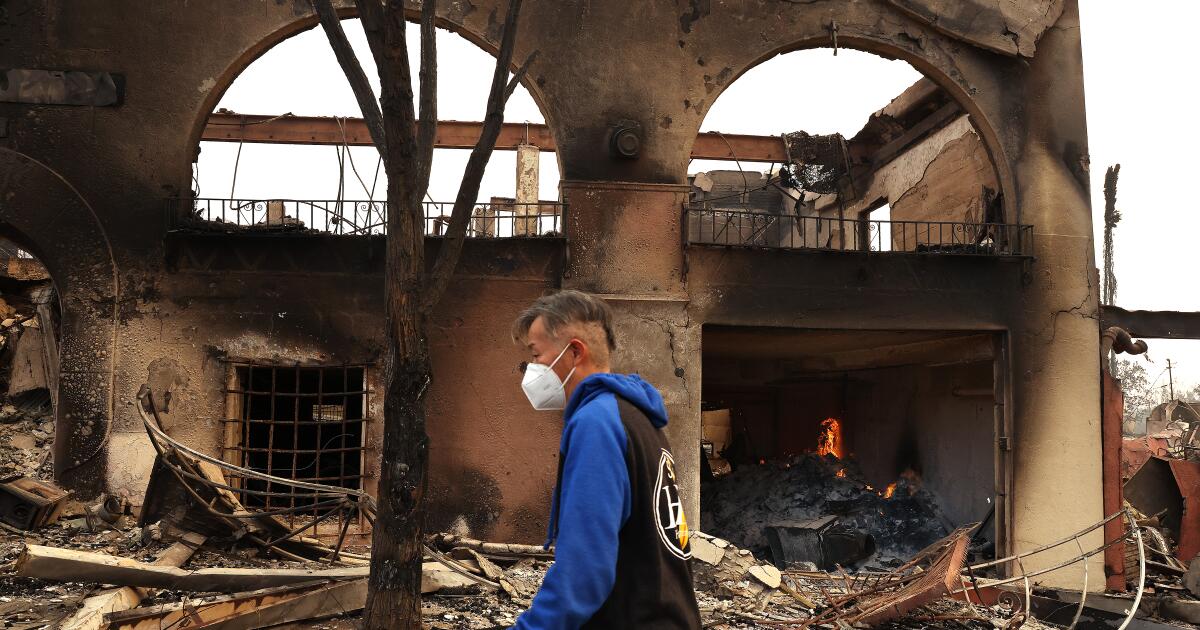Leaders of California's fledgling hydrogen hub announced Wednesday they have signed a contract with the U.S. Department of Energy worth billions.
The California center is part of a $7 billion federal project to build the infrastructure needed for a “clean” hydrogen economy that would replace fossil fuels and reduce greenhouse gas emissions. The California center, known as ARCHES (Alliance for Clean and Renewable Hydrogen Energy Systems), will get $1.2 billion of that federal money, and is expected to attract another $11.2 billion in private investment. California was granted center status in October.
Aggressive and shocking reports on climate change, the environment, health and science.
Private participants include oil and gas companies, labor unions, fuel cell manufacturers, electric utilities, truck manufacturers and more.
A hydrogen hub is a network of hydrogen production plants, trucks and pipelines for distribution, and its customers include long-distance fuel cell trucks and buses, port equipment and electric generators.
ARCHES is the first of seven U.S. regional centers to sign a contract with the Department of Energy.
In a press release, ARCHES Executive Director Angelina Galiteva called the center “a monumental step forward in the state's effort to achieve its air quality, climate and energy goals, while improving the health and well-being of Californians and creating green jobs across the state.”
ARCHES Board Member Bill Burke was even more effusive: The center’s creation serves as “a testament to our collective dream of a sustainable future where clean energy and equal opportunity uplift every community and provide equitable advancement for the future of our workforce. Together, we are planting seeds of change and fostering a brighter, more inclusive tomorrow.”
Whether ARCHES can live up to its expectations remains to be seen. Clean hydrogen is hugely expensive, and its prices are too high to compete with fossil fuels in a competitive market economy. The goal is to subsidize the cost of hydrogen fuel until the industry brings costs down and grows enough to stand on its own. Galiteva said hydrogen fuel prices could be competitive by 2032.
Some environmentalists are wary of hydrogen, arguing that it is not as clean as its proponents make it out to be. That question will no doubt be debated as ARCHES progresses. Depending on how hydrogen is produced, it could provide cleaner energy alternatives for hard-to-decarbonise sectors such as steelmaking and cement production.
California's hydrogen projects will be located across the state, though they will be concentrated primarily in the Central Valley. Hydrogen will be transported to end users via trucks and pipelines.
The money will be spread across dozens of individual but closely coordinated projects, including 10 hydrogen production plants, truck fueling stations, replacement of diesel-powered cargo-handling equipment at the state’s major ports and experimental prototypes for uses such as shipping.
ARCHES said 220,000 good-paying jobs will be created, with a focus on disadvantaged communities. The center “will create thousands of union careers while providing continued employment for skilled and qualified union members,” said Chris Hannan, president of the California State Building and Construction Trades Council and a member of the ARCHES board of directors.
Reducing local pollutants will result in a $2.95 billion reduction in health care costs per year, ARCHES said.
ARCHES is not a government agency, but rather a public-private partnership. It is registered as a limited liability company, or LLC, with four partners: the California Governor’s Office of Business and Economic Development, the University of California system, the California State Building and Construction Trades Board, and the Renewable Policy Institute 100.












